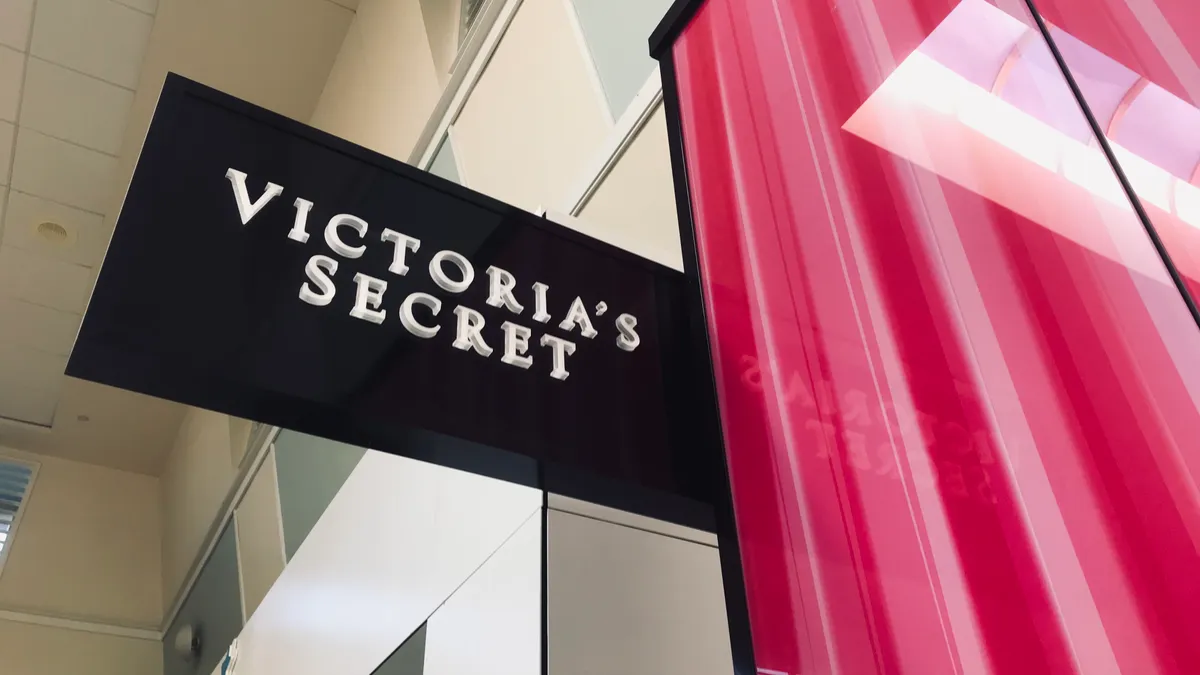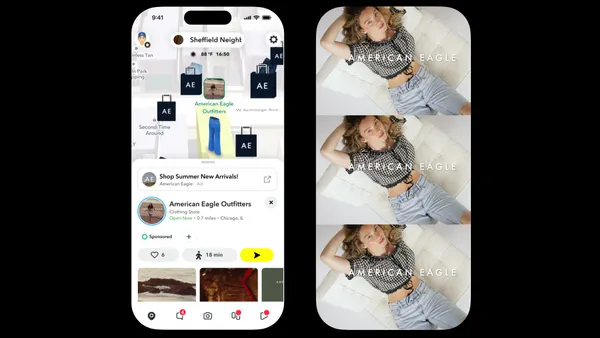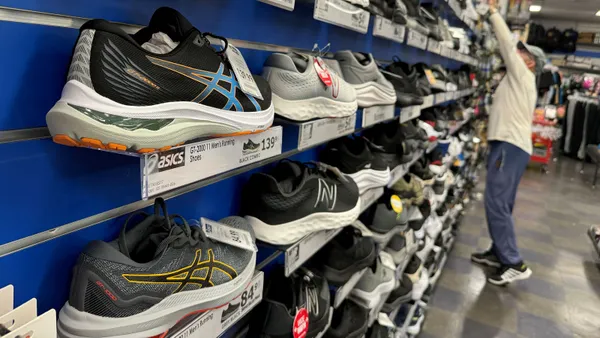When Leslie Wexner announced he would step down as CEO of the company he grew from a single shop to a global retail conglomerate, it was the end of an era — not just for L Brands, but for apparel retail.
Nearly 60 years before, when Wexner opened his own first store after working in the family business — a clothier in downtown Columbus, Ohio, called “Leslie’s” — it was different than his parents’ in two key ways: It was in a gleaming new mall in the suburbs, and it offered what today we would call a “curated” selection of women’s apparel, hence its name, “The Limited.”
Wexner’s take on specialty apparel, thanks to buyers with a keen eye for trends and a well-oiled supply chain that together kept merchandise exciting and fresh well before the entrenchment of fast fashion, was a hit. The Limited became “Limited Brands” as Wexner grew the company with new concepts and through acquisitions.
By 1986, the New York Times called him “a rag trade revolutionary,” his genius evident not only in his ideas about retail and merchandising, but also his willingness to let go of concepts when they stopped working so well. He acquired, then sold off, brands like Abercrombie & Fitch and Lane Bryant depending on their performance, and even let go of his own brainchildren, The Limited and Limited Express (now Express) when they started to struggle.
L Brands is no longer much of a conglomerate, and, if its plans to spin off Victoria’s Secret pan out, it won’t even be an apparel retailer as it says goodbye to perhaps the last ever “merchant prince.”


















